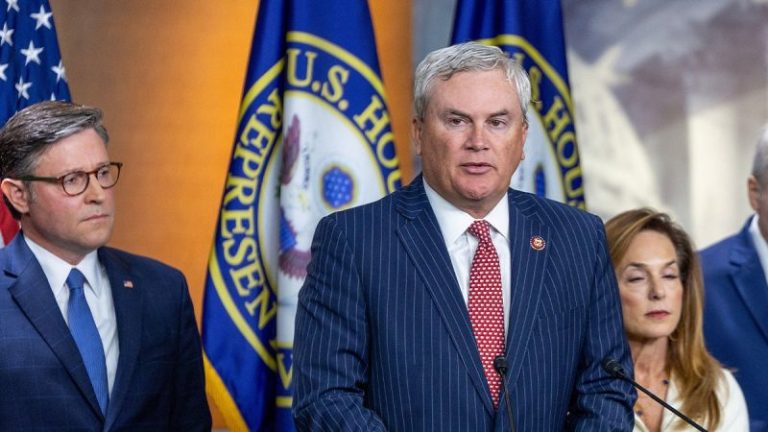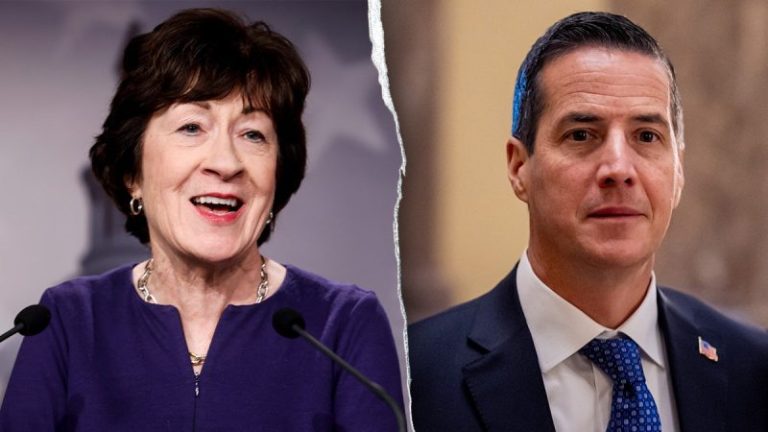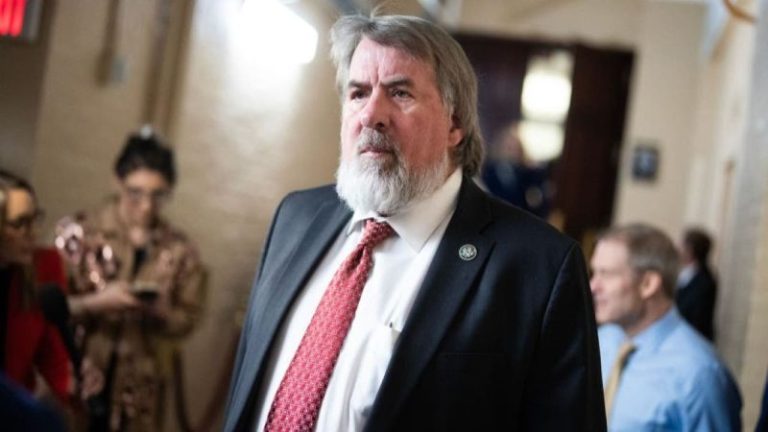Minnesota Gov. Tim Walz’s announcement that he is dropping his re-election bid amid a massive fraud scandal in the state is raising questions about the vetting process he received to be Kamala Harris’ running mate.
Following Walz’s Monday announcement that he will not run for re-election as the state faces a fraud scandal that prosecutors say could total as much as $9 billion, many on social media from both sides of the aisle wondered aloud why he was elevated to the presidential ticket despite the fraud concerns which date back to at least 2019 when he was elected governor.
‘What did Kamala Harris’ veep vetting team know about Tim Walz, and when did they know it?’ Conservative commentator and columnist Josh Hammer posted on X.
‘This will dog VP Harris and she will need to answer questions about Tim Walz and her answers need to be CLEAR.’ former Jill Biden Press Secretary Michael LaRosa posted on X. ‘If I were advising the former VP, I would put this to bed NOW and release a statement ASAP. Rip the Band-Aid off and get this behind her. Her judgment will be questioned and the trust she placed into those who vetted her VP options will also be questioned. How could they possibly have missed this?’
Harris released a statement later in the day wishing Walz the best and touting his ‘life in public service’ but did not specifically address the fraud scandal or vetting process.
‘The vetting clearly failed,’ retired Minnesota State Patrol Lt. John Nagel told Fox News Digital. Nagel is running for Congress as a Republican against Democratic Rep. Ilhan Omar.
‘By the time Governor Tim Walz was selected, Minnesota’s fraud scandals were already public, already under federal investigation, and already raising serious questions about oversight. That wasn’t hidden information — it was an open and growing issue, despite a local media environment that protects Democrats.’
Former Obama-era attorney general Eric Holder was a key figure in the vetting process for the Harris campaign, and he defended his due diligence on Walz, telling CNN that ‘nothing of substance’ was missed in regard to Walz’s record, which Nagel told Fox News Digital ‘raised more questions than it answered’ given the visibility of fraud concerns.
‘Either possibility is troubling,’ Nagel told Fox News Digital. ‘If Kamala Harris didn’t know, that points to a deeply flawed vetting process and an insane level of hubris. If she did know and proceeded anyway, that suggests accountability simply wasn’t a priority.’
Michael Ceraso, a veteran Democratic strategist, told Fox News Digital the Harris campaign was likely aware of the fraud reports, but internally compared it to Trump’s controversies and concluded it’s ‘not as bad.’
‘Maybe the standard was different because they understood who they were running against, and maybe they were blasé about it because they were looking at their opponent and saying, well, this may not be as comparable to this, and so we can excuse this because this guy over here has done X, Y, and Z,’ Ceraso explained.
Going forward, Ceraso said the Democratic Party could arguably ‘put itself in a position as being the values party’ by placing more emphasis on vetting issues on their own merits rather than comparing records to Trump.
‘The Democratic Party needs to be better because we can all be better, but I think comparing ourselves to a president that we obviously disagree with morally and saying, well, we’re not as bad as that, but still let a multi-billion dollar corruption thing happen with no accountability. That’s still pretty bad.’
Nagel told Fox News Digital that if Harris decides to run for political office in the future that this issue will likely come up.
‘Voters deserve to know how decisions at the highest levels are made — and whether political considerations outweighed transparency and accountability,’ Nagel said. ‘Unfortunately, if Kamala decides to run in 2028, legacy media outlets will likely not press her on her choice of Walz. I expect that to only be raised in Democrat circles during a presidential debate during the primaries.’
Fox News Digital reached out to Harris’ office for comment.
Walz has also faced criticism in recent days for comments he made on the campaign trail touting childcare programs in Minnesota, suggesting it should be a model for the nation, even though the Feeding Our Future scandal had been bubbling for years.










